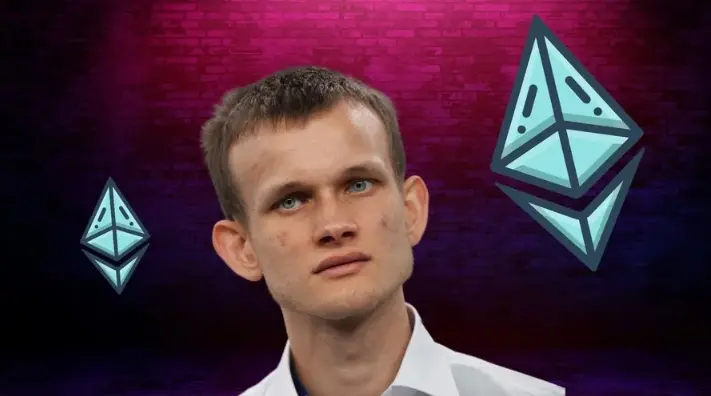Consensys Founder: Web3 Empowers Everyone to Become the Next Generation of Web Builders
Original Title: With Web3, We Can Build The World We Want To Live In
Author: Joseph Lubin, Founder & CEO of Consensys
Translated by: bayemon.eth, ChainCatcher
Our society is built on various centralized entities, including governments, corporations, and various religious and community groups. As an organizational principle, top-down command and control have enabled "society" to achieve tremendous accomplishments globally, undoubtedly helping us build a great civilization.
However, great civilizations do not fulfill everyone's desires; 99% of the population cannot find what they seek from this top-down organizational form. Fortunately, social development allows us to technically establish a more decentralized society that can provide good services for almost everyone.
In 2008, Satoshi Nakamoto created something profoundly significant; the birth of this technology means we can establish a brand-new system to serve as an alternative structure to traditional economic, social, and political systems. With technological assurance, this alternative structure can always ensure the correctness of its operations, thus having the potential to change life on this planet. This is a new type of global ledger—blockchain, through this invention, a revolutionary and more efficient form of trust has emerged: decentralized trust.
Over the years, the internet has undergone extraordinary evolution, shaping the lives of individuals and society as a whole. It all began with the pre-web protocols developed in the 1980s, namely the internet protocol. Based on this, Web 1.0 emerged, providing static text and images interconnected through hyperlinks.
Then came Web 2.0, which introduced interactivity, e-commerce, mobile connectivity, and social media. While Web 1.0 represented an extraordinary breakthrough, the emergence of Web 2.0 truly changed society on a global scale. However, to date, the business model of Web 2.0 is, in many ways, a continuation of the mainstream business models of the 20th century: manufacturing products for sale and creating demand through advertising.
Related reading: Boomtown on the Blockchain: Where Old School Finances Meet Wild Web3
Web3, or decentralized networks, is what we are integrating into. It is a key component of the new paradigm shift that humanity is experiencing, moving from the age of isolation to the age of collaboration, where opportunities are more widely distributed and access is more abundant. Systems based on Web3 are creating new ways of interaction, innovative business models, and entirely new industries.
The shift to the Web3 model contrasts sharply with the business models of the past few thousand years, where the relationship between businesses and customers was adversarial—businesses extracted as much benefit from customers as possible or exchanged minimal benefits for customer interests. To counter these exploitative practices, the evolving Web3 ecosystem gradually dismantles the centralized power within enterprises through its diverse creativity in a progressively decentralized manner.
Web3 empowers individuals to exercise self-sovereignty, granting communities the power to participate in governance across economic, social, and political dimensions. In Web3, we are not merely passive consumers (or worse, products monetized by social media companies); we are active builders. Regardless of the specific activities individuals engage in—creating non-fungible tokens (NFTs), building token collections, developing decentralized applications (dApps), participating in decentralized autonomous organizations (DAOs), formulating policies, or designing protocols—our identity in the Web3 world is that of builders of the next generation of the internet.
Builders include not only developers, researchers, and entrepreneurs but also artists, writers, musicians, educators, and more. Each person brings a unique perspective, creating the essence of wisdom that ultimately forms the collective intelligence, becoming the core of the transition to a more decentralized future model. By harnessing the transformative power of Web3, we can collectively build the world we wish to live in, firmly rooted in this new foundation of trust. The spark of builders leaps in each of our hearts and is everlasting: I build, therefore I am.










